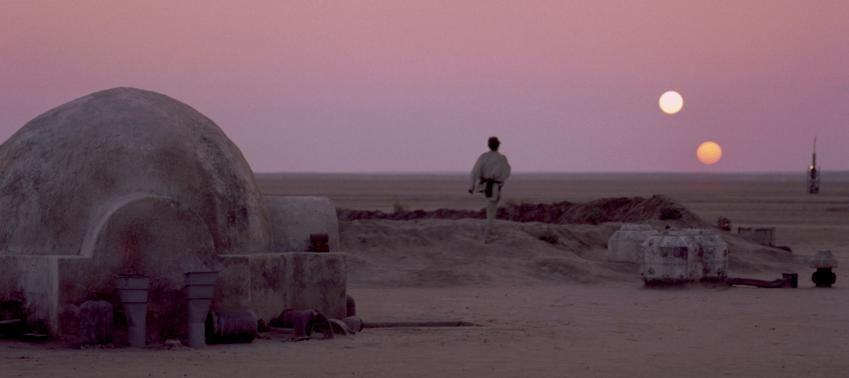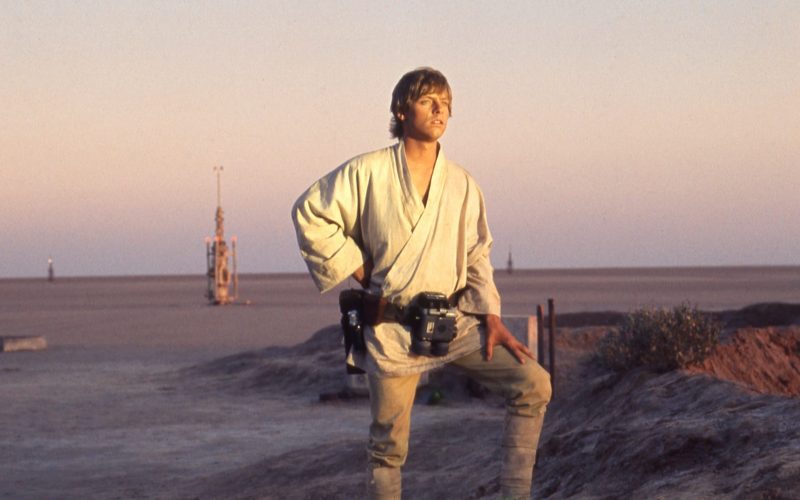Star Wars – The Nostalgia Factor & how it may hamper new entries to the franchise.
In a time where Hollywood is awash with cinematic universes, fresh and belated sequels and prequels to classics with hardcore fan bases, has it become a near impossibility to get it right and please the existing fans alongside new audiences? And how much of a part does nostalgia play in satisfying those hardcore fans?
Nostalgia is described in the Oxford English Dictionary as;
“A sentimental longing or wistful affection for a period in the past.”
We all have them – those films that are our personal favourites, that we will defend to the grave, despite flaws pointed out by others. The reasons for why they’re our favourites can differ from person to person, but for most they will resonate with us due to the feelings they evoke in us from when we first saw them – a period in our lives, more often than not childhood / young adulthood, and how much we enjoyed them back then, and still do. Films that have succeeded in creating an emotional attachment in us as the viewer. It is that emotional attachment, that investment, that makes us very protective of said film(s), to the point where the thought of revisiting the characters via a sequel or prequel, fills us with hope, high expectation, and sadly too often on watching them, disappointment.
Later this year we will see the release of Blade Runner 2049, the follow up to 1982’s cult classic, Blade Runner, and Star Wars: The Last Jedi (Episode 8 in the saga, and sequel to 2015’s The Force Awakens). Whilst very different films, both are highly anticipated and will have to stand up to severe scrutiny by their respective franchise’s fan base.
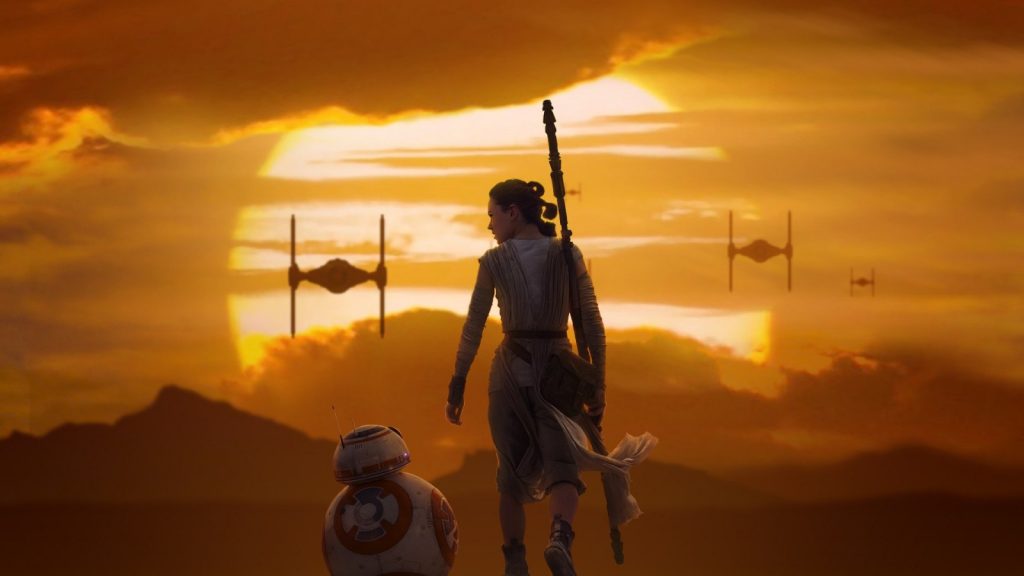
Star Wars: The Force Awakens had a mammoth task to undertake. When it was announced in October 2012 that Disney had purchased Lucasfilm and subsequently announced a sequel trilogy to continue the Skywalker family saga, alongside standalone ‘anthology’ movies, not to mention a new canon to include new novels, comic books and animated series’, Star Wars fans around the world cautiously rejoiced.
The original Star Wars trilogy, is held by many, in the highest regard. For those who were children or teenagers around the time that they were released, they hold a special place in their hearts and minds. Then the prequels happened. Whatever your personal opinion of the prequels, it is widely accepted that they were little short of bad – from the writing to the acting to the overuse of CGI. Star Wars fans had been waiting for 16 years for a new Star Wars film and after the initial goodwill very quickly died down, most fans felt abject disappointment. They aren’t entirely without merit but sadly the positives are so few that they are severely outweighed by the negatives. Add to this George Lucas’ relentless tinkering with the original trilogy – ‘improving’ effects, adding scenes, amending scenes and dialogue, and your average Star Wars fan felt pretty betrayed and disappointed.
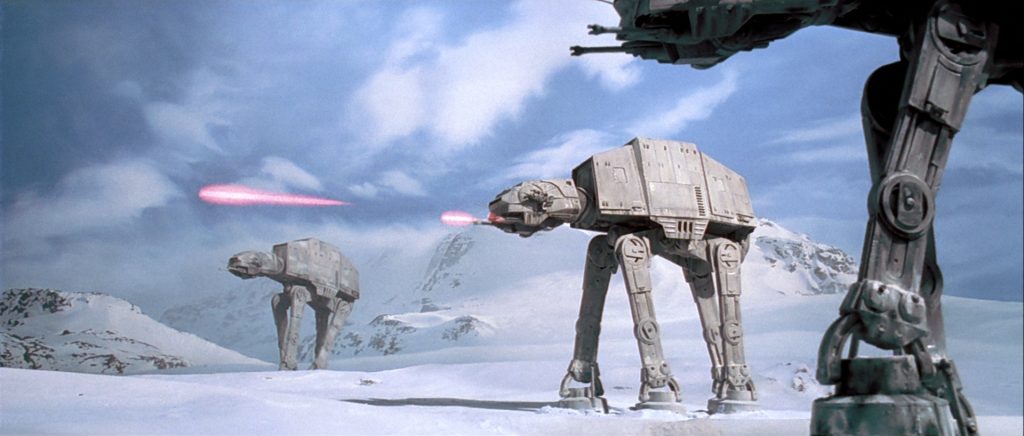
So with the announcement of The Force Awakens, the news that George Lucas would be neither writing nor directing, was met with positivity. Throw in JJ Abrams as the director – the man who had successfully re-booted the Star Trek movie franchise 6 years earlier, along with Mark Hamill, Carrie Fisher and Harrison Ford returning, and things were definitely looking up (a Star Wars film made by a Star Wars fan).
The Force Awakens had a lot of work to do. It had to successfully follow up Return of the Jedi, reintroducing us to the core three characters from the original trilogy, whilst wiping away the bad taste left by the prequels, in order to satisfy those fans who were young at the time, but were now probably in their 40s. It also had to, for all intents and purposes, re-launch the franchise for a new audience – not just the children of the original fans, introducing new lead characters and stories that would be able to carry the franchise forward. It was the start of a planned trilogy, therefore not all character arcs would be resolved, not until episode 8 or 9, so it needed to be well written and leave us invested in the characters, wanting to come back for more instalments. The goodwill assigned to the brand “Star Wars” was all but gone, thanks, largely to George Lucas’ exploits in the 1990s and 2000s.
Did it work? Yes and No. Where it certainly struggled was in satisfying the original trilogy fans. But was it ever really going to?
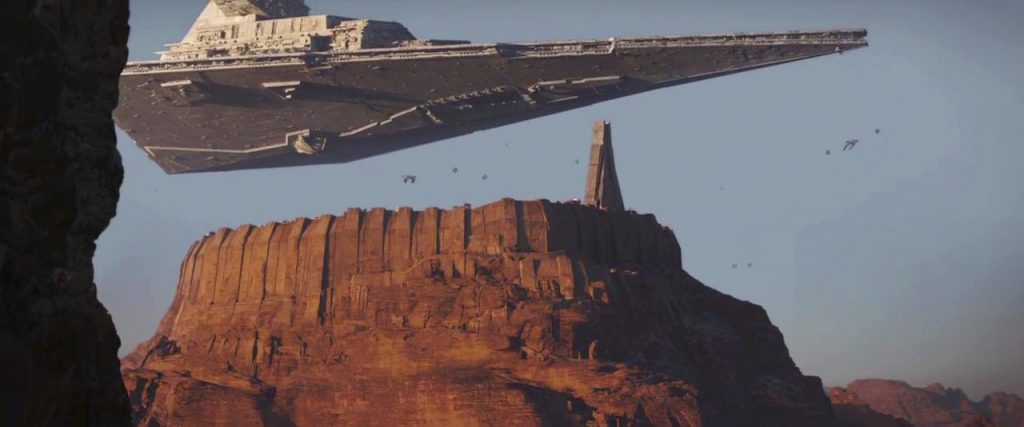
Jump forward to December 2016 and the release of Rogue One: A Star Wars Story. Widely accepted by many in it’s relatively short lifespan as the best Star Wars film since the the original trilogy. But why? This film was essentially the story of the opening scrawl from A New Hope, played out. Not tied to the Skywalker saga per se, it was a standalone story focusing on new characters and their mission to steal the Death Star plans. Gareth Edwards successfully created a film where we essentially knew the end result and a film that looked and felt a part of A New Hope. Locations, music cues, sets, costumes, hairstyles, all honoured what had come before, and we had character moments and battle scenes that we had waited so long for, it made many of us feel like we were watching the original trilogy again. It made us feel like we were 10 years old again. Bravo to Gareth Edwards for having the passion and filmmaking ability to produce that feeling in us. That feeling of nostalgia.
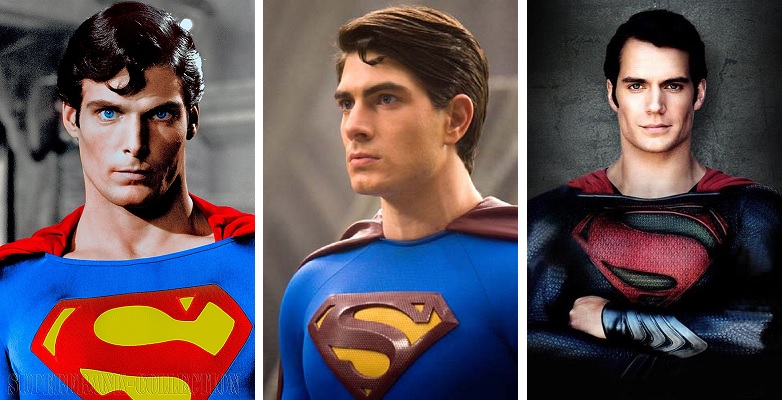
Other franchises have tried and failed to recapture such past magic. 2006 saw the release of Superman Returns. Bryan Singer, a huge Superman fan, wanted to honour the memory of Christopher Reeve – widely accepted as the definitive Superman. It was described once as “a sequel to the best bits of Superman and Superman 2”. It had John Williams’ score, Marlon Brando as Jor-El, and a lead in Brandon Routh who as well as looking very much like Reeve, was able to do an excellent impression of Reeve’s Clark Kent (whilst feeling quite wooden as Superman) and it had the man who arguably kick-started the new era of comic book movies with X-Men as director. So what went wrong? It could be said that in this instance nostalgia was the cause of Superman Returns’ downfall. Singer wanted to make a sequel to the Christopher Reeve films, whilst at the same time re-booting the character. Sadly it was his focus on making a Christopher Reeve Superman film, without the man himself, (along with some slow pacing and story issues) that prevented him from giving us a new and suitably refreshing take. If Christopher Reeve is the definitive Superman, why make a film that tries to emulate him, ultimately reminding the audience that it isn’t Christopher Reeve? For all its detractors at least Man Of Steel gave us a new version of the character, and a new approach. If I want to watch a Christopher Reeve Superman film (and I often do), then I will. The one directed by Richard Donner in 1978.
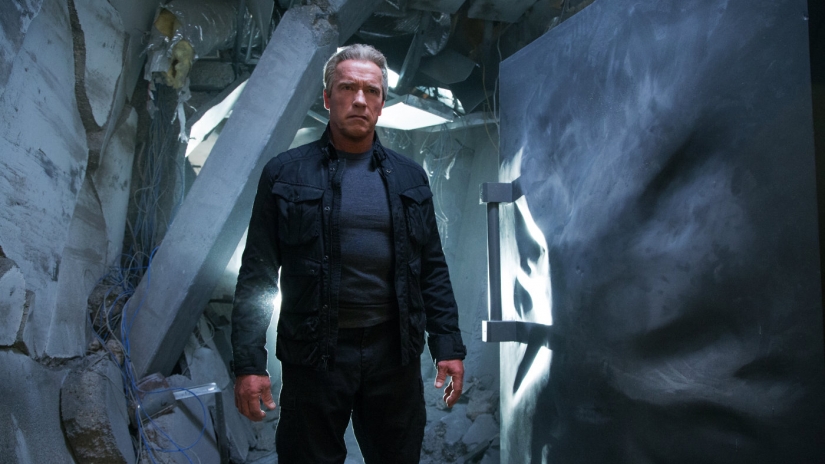
Plenty of other franchises are held in high esteem by a fervent fan base (Terminator, Indiana Jones, Alien, to name but three) and have received underwhelming and belated sequels/prequels but for me they were unsatisfying because those series’ had already had perfect endings, and further films were clearly of a lower standard, designed to make money rather than positively add to the on-going narrative. Not because they had a near impossible job to do because of that nostalgia factor.
Time will tell whether the Blade Runner sequel will live up to the hopes of fans of the original. Blade Runner is a film that, as time has gone on, has become almost the property of the fans and whilst I am no harbinger of doom, I find it very difficult to see how it can possibly live up to the expectations of said fan base. Whether nostalgia plays in to the view of the new film, only time will tell.
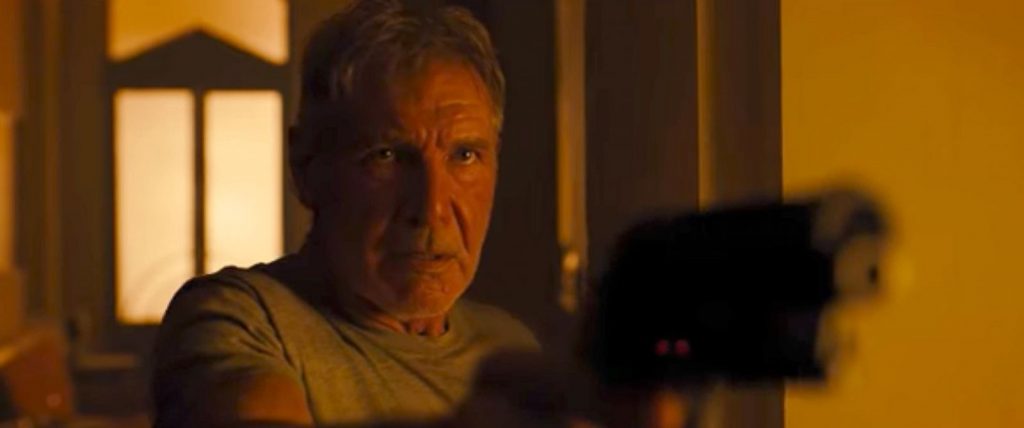
Returning to Star Wars I think the future is tricky for the original fans. The target audience, whilst not excluding those of us of a certain age, is certainly not directed at us. It is directed at those who are young now. For all of its detractors, The Force Awakens was the first Star Wars film for this generation, and was very well received by them. Who’s to say that it won’t be held in the same regard in 30 years by this generation, as we hold the original trilogy today? Can The Last Jedi live up to our expectations? Again time will tell.
One thing is for sure, this new series is not the Original Trilogy, and I’m not a wide eyed child anymore (more’s the pity). Our emotional connection to a film is vital, otherwise what is the point? If a film doesn’t connect with you on some emotional level then surely it follows that you won’t feel engaged with the characters nor care what happens to them. The difficult part is approaching a new entry in a beloved film series with an open mind, when that nostalgic element is so intrinsic.
Ultimately we might just have to accept that, like with Christopher Reeve as Superman, if we want to feel like we did when we watched the Original Trilogy, maybe we should just watch The Original Trilogy.
